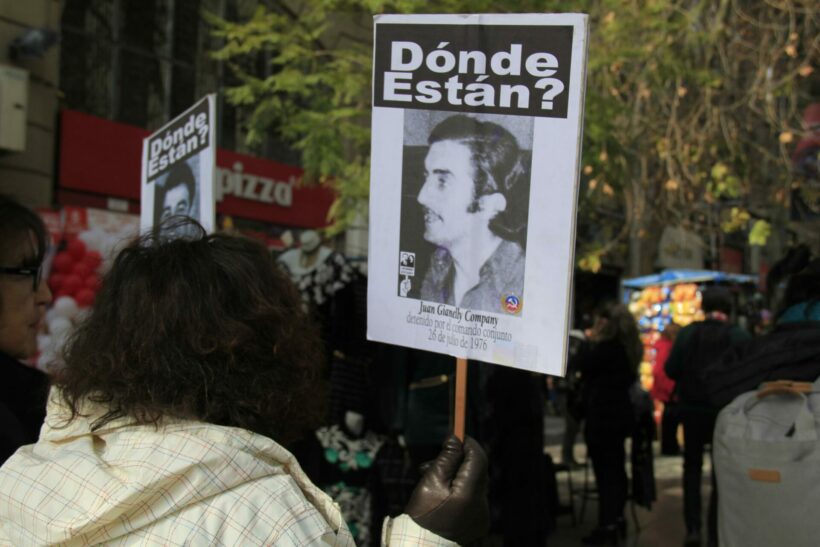The thoughtless repetition of stereotypes builds walls and condemns without proof.
It is preoccupying to observe the dissemination of discriminatory concepts, whose background indicates how much easier it is to avoid the work of analysis than to elaborate an easy explanation for our frustrations. These arise whenever the importance of respect for human rights as one of the fundamental pillars underpinning relations within a community is mentioned. It has long been possible to observe how the majority repeats: “When he suffers it first-hand, he will stop defending gangsters and criminals”.
It is important to note that the obligations of any state or international body dedicated to ensuring respect for human rights are not limited to ensuring the rights of the right people who live within the framework of the law. They also include ensuring that there is no repetition of the abuses that have led our countries to become the most violent, with hundreds of thousands of innocent victims facing armed conflicts that are more strategic than political, in which many state institutions engaged in selective elimination of popular leaders and opened the door to the intervention of foreign governments.
Mareros, gang members, “vacunadores” – or whatever you want to call them – believe it or not, cannot be convicted without a fair trial. To get to the root of the problem, the focus, in this case, must be on strengthening and cleaning up justice systems, but also on reformulating public policies that are more oriented towards development and sustainability than the enrichment of elites. Many of the criminals who threaten citizen security are the product of the abandonment of states with shameful corruption rates and whose levels of educational provision for the majority of the population are among the lowest in the world. It is inconceivable that the population tolerates being represented in legislative assemblies by individuals marked by corruption, but emphatically rejects the work of bodies created to prevent the proliferation of death squads.
It watches with impassive conformity as deputies, judges and rulers – among them corrupt, abusive, violent and addicted to power – prescribe themselves exemptions of all kinds, while allowing state funds earmarked for health, security, education, food and housing to be plundered by these same profiteers. In contrast to the lukewarm and ambiguous discourse of these officials, reports from the Office of the UN High Commissioner for Human Rights insist on clearly pointing out the direct or indirect involvement of state agents in extrajudicial executions, prison killings and social cleansing operations, and point out that the rates of violence for countries officially without war are among the highest in the world.
Repeating condemnatory phrases about the work of those who believe in the protection of the rights inherent in our human condition reveals a loss of perspective whose power to disrupt the social fabric constitutes a moral setback in our societies. Human rights are inherent to all of us, regardless of nationality, gender, ethnic or national origin, colour, religion, language or any other condition. Defending them is everyone’s duty.
Human rights are inherent conditions that enable people to integrate into society in a dignified manner.










